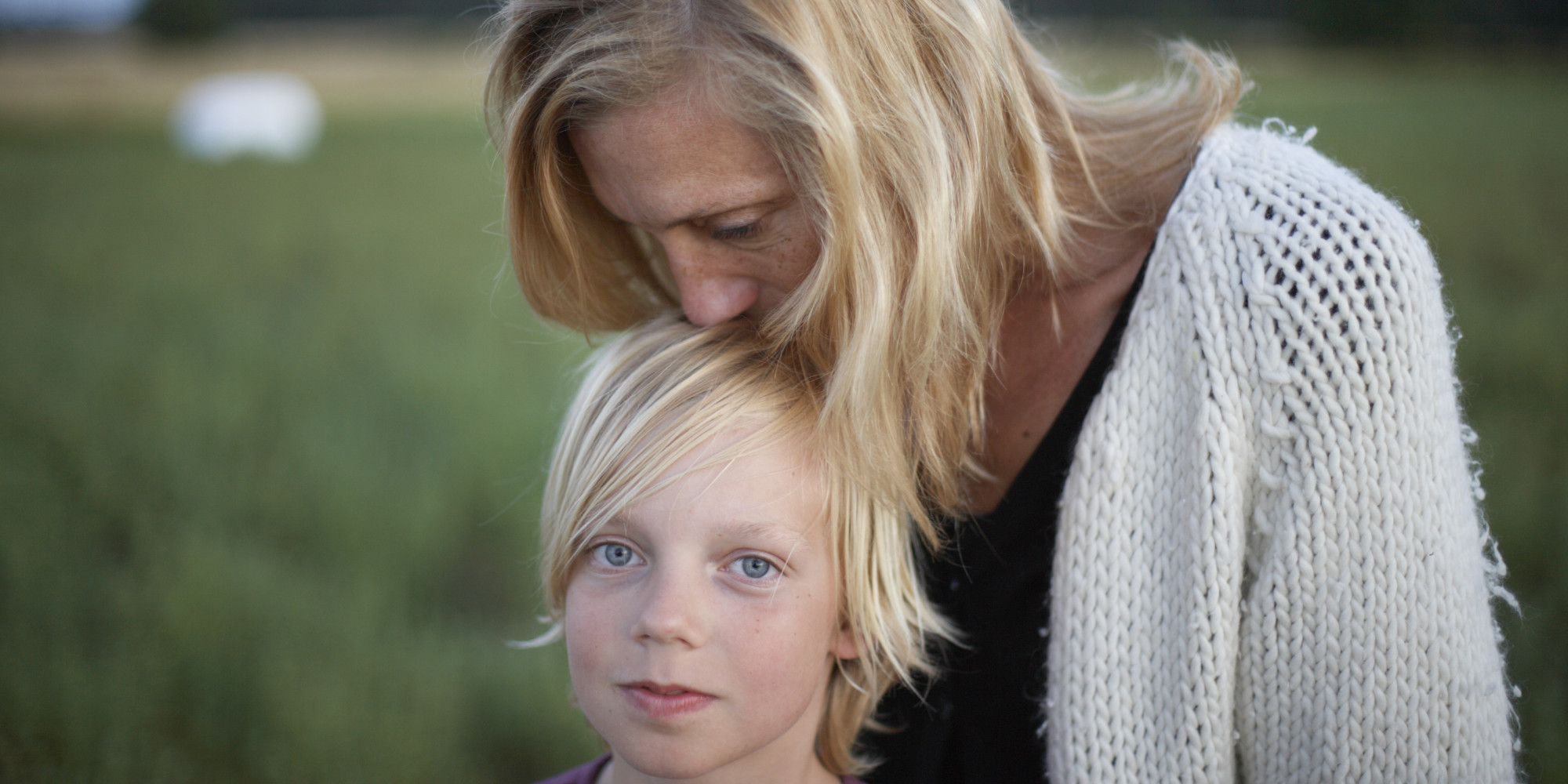 |
| Photo Credit |
It's important for parents to help nurture empathy in their toddler. Rebecca Parlakian & Claire Lerner, LCSW, wrote a great article from Zero to three on how a parent can help a child develop empathy. Here are some tips they shared:
- Empathize with your child and be a role model. One of the best ways to teach is by example. As you model empathy, they will be able to see how to empathize with others.
- Talk about others' feelings.
- Suggest how children can show empathy.
- Read stories about feelings. For suggestions on books to read, click here.
- Use "I" messages. This communication will help with self-awareness. For example, "I don't like when you hit me. It hurts."
- Validate your child's difficult emotions. Don't rush to fix things with your child. Let them experience their feelings so that they can learn to cope with them. You will be able to help them learn how to handle difficult feelings as you validate their emotions.
- Use pretend play. Puppets are a great one to use for pretend play to act out scenes of how your child could empathize in situations. Look for teaching opportunities during pretend play.
- Think through the use of "I'm sorry." Sometimes toddlers don't understand the "why" behind apologizing. As you take the approach to helping them connect the action and reaction of the situation, you will be helping them to develop empathy.
- Be patient. We are all not perfectly empathetic all the time. Developing empathy takes time, so remember to be patient with your child and yourself. Strive to continue to be aware of teaching moments and continue to model for them the best you can!
 |
| Photo Credit |
-Jen







